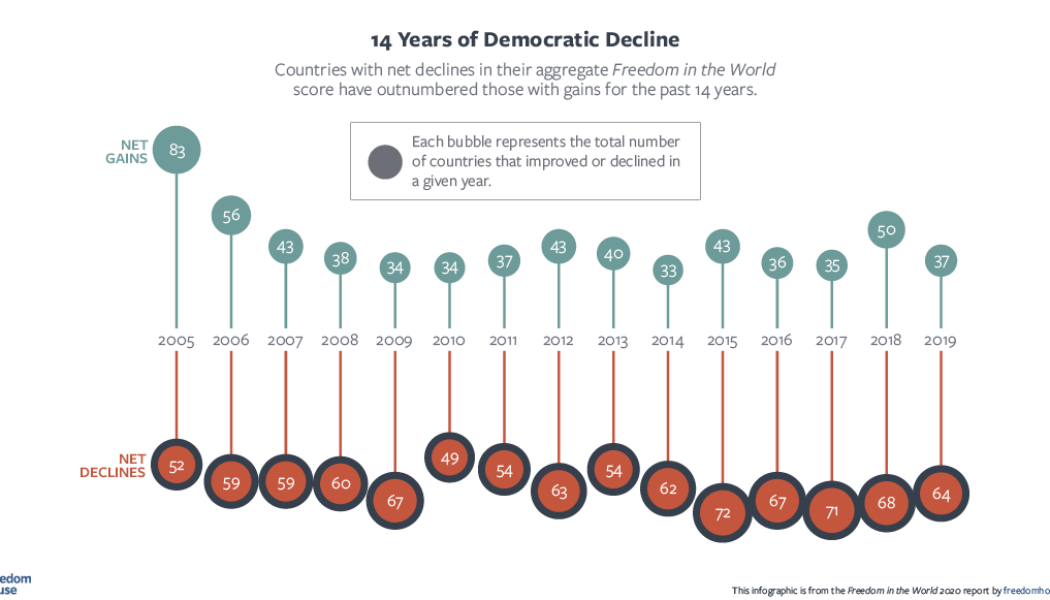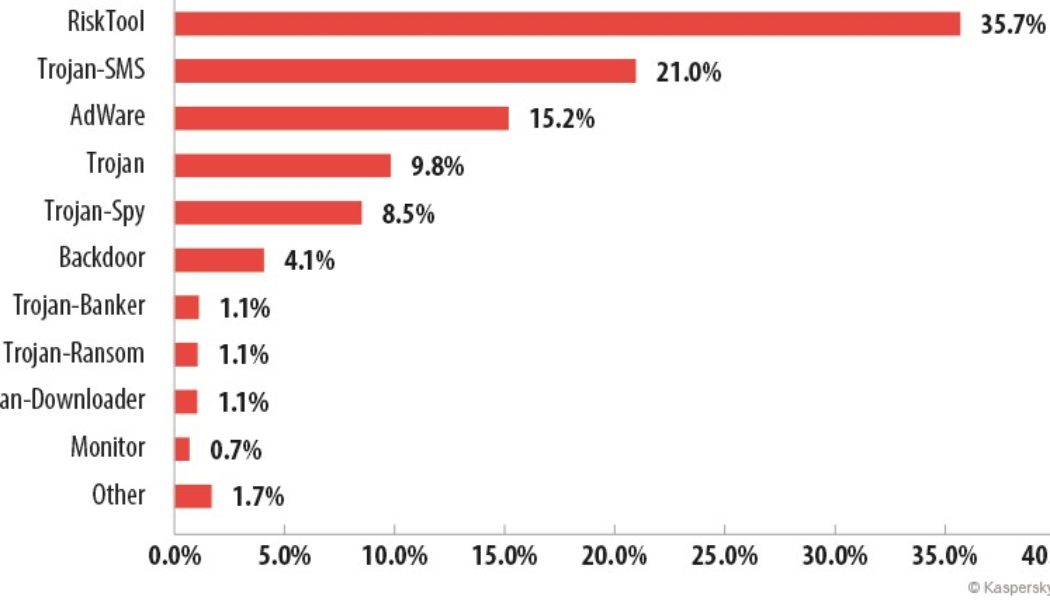Malware South Africa
Recent Increases in Cyberattacks Could Be Due to Leaked Cyber “Superweapons”
Sourced from Forbes Check Point Research (CPR), the Threat Intelligence arm of Check Point Software Technologies Ltd., a leading provider of cybersecurity solutions globally, warns of a further increase in cyberattacks and thinks it could be partly down to major powers leaking, what they refer to as, ‘cyber superweapons’. “We have long warned that organisations of all sizes are being bombarded by a global fifth generation of cyber threats (Gen V). These are multi-vector cyber threats that can cause fatal damage and irreparable harm to the reputation of the compromised company,” said Pankaj Bhula, Regional Spokesperson at Check Point Software. “However, most companies are only secured against what we call third-generation threats (Gen III), which are threats that we’ve known about since the...
South Africa, Kenya and Nigeria Suffer 28 Million Malware Attacks
Sourced from IDG Connect More than 28 million malware attacks have been recorded in South Africa, Kenya and Nigeria so far this year, according to research from Kaspersky, as well as 102 million detections of ‘grey zone’ software or potentially unwanted programs (PUAs). PUAs are programs that are usually not considered to be malicious by themselves. However, they are generally influencing user experience in a negative way. For instance, adware fills user device with ads; aggressive monetising software propagates unrequested paid offers; downloaders may download even more various applications on the device, sometimes malicious ones. While calculating interim results of threat landscape activity in African countries, the researchers noticed that PUAs attack users almost four times more often...







